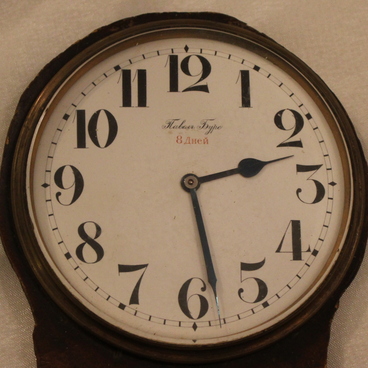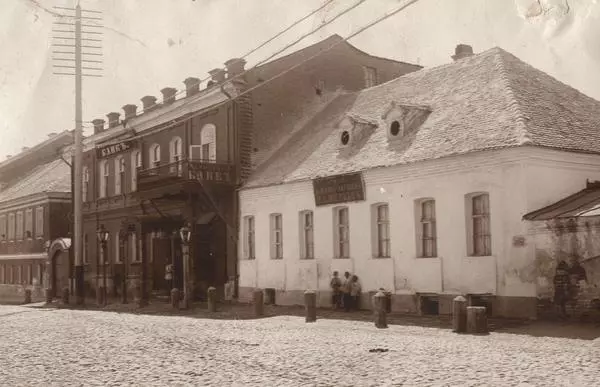‘She is the first beauty in the world. Her character is just what I need for my happiness and joy’, wrote Nikolay Chernyshevsky in The Diary of My Relations with the Girl Who Is Now My Happiness. He first met Olga on January 26th 1853, and on February 19th, he proposed to her. They married in St. Sergius’ church on April 29th.
Olga Sokratovna looked like her Italian grandmother: with olive skin and the same “black sparkling eyes”. In her social circle, she was known for her spontaneity, liveliness and courage. She passionately loved nature and her native land, and those who knew her sometimes called her, in jest, “Volga Saratovna”.
After the marriage, the young couple moved to Saint Petersburg, where, in several years, Chernyshevsky became known as a talented essay writer and respected literary critic. His tough rhetoric on the government’s and the emperor’s actions made his name a symbol of imminent revolution: in 1862, Nikolay Gavrilovich was arrested and later, sentenced to penal servitude and exile.
Even before the marriage, he warned Olga: “I have views that make me think that, at any time, the police might come, take me to Saint Petersburg and lock me in a fortress for a long time. I do things that reek of penal servitude…”
In 1866, Olga Sokratovna visited her husband in Yakutia. During her visit, he told her: “Please don”t repeat such trips, my dear, don”t subject yourself to hardship. Abandon me! Marry another man! ” But she did not obey her husband”s request.
Olga Sokratovna looked like her Italian grandmother: with olive skin and the same “black sparkling eyes”. In her social circle, she was known for her spontaneity, liveliness and courage. She passionately loved nature and her native land, and those who knew her sometimes called her, in jest, “Volga Saratovna”.
After the marriage, the young couple moved to Saint Petersburg, where, in several years, Chernyshevsky became known as a talented essay writer and respected literary critic. His tough rhetoric on the government’s and the emperor’s actions made his name a symbol of imminent revolution: in 1862, Nikolay Gavrilovich was arrested and later, sentenced to penal servitude and exile.
Even before the marriage, he warned Olga: “I have views that make me think that, at any time, the police might come, take me to Saint Petersburg and lock me in a fortress for a long time. I do things that reek of penal servitude…”
In 1866, Olga Sokratovna visited her husband in Yakutia. During her visit, he told her: “Please don”t repeat such trips, my dear, don”t subject yourself to hardship. Abandon me! Marry another man! ” But she did not obey her husband”s request.


